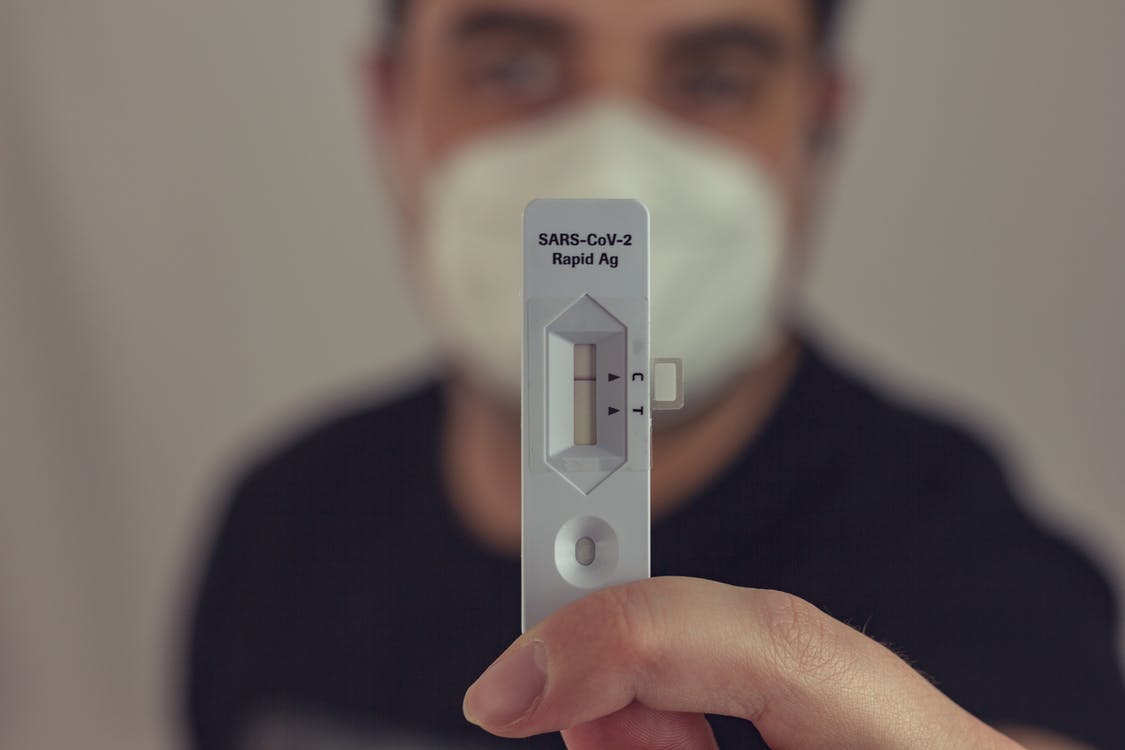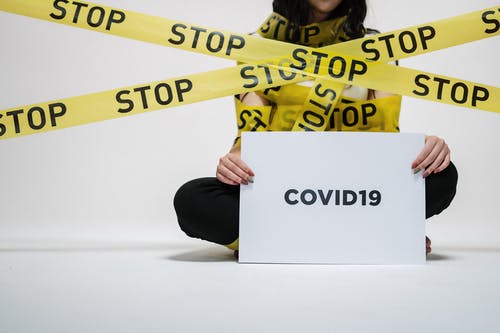
With the COVID-19 pandemic still in full effect, testing and vaccines remain a trending topic and cause for concern. At-home testing kits are in limited supply in many areas. This has lead to a rise in fake and unauthorized at-home testing kits online. Fake tests increase the risk of spreading the virus and pose a serious health risk. Before you purchase an at-home testing kit, pay heed to these precautions.
- Only purchase U.S. Food and Drug Administration (FDA) authorized tests. The FDA provides a list of both antigen and molecular diagnostic tests.
- Look at the seller and verify them before you buy any test. If you are unfamiliar with the website, do research. Search the company name online along with words like “complaint”, “scam”, and “review”.
- Read the reviews on the product to see what customers are saying. Compare the reviews of a variety of websites instead of relying on just a few. And consider the source. If the review is not coming from a reputable source, it may not be legitimate.
- As with any online purchase, pay using a secure payment method such as a credit card. This allows you certain protections from fraud. If you are prompted to pay by gift card, wire transfer, payment methods such as CashApp, this is a sign of a scam.

Avoid Other COVID Scams
Other Coronavirus scams to watch out for include:
- Advertisements offering COVID-19 vaccines for a fee. Vaccines are free. There is no out-of-pocket cost for the vaccine and you do not have to pay to sign up to receive a vaccine. Check with your local state authorities for more information on vaccination and testing.
- Fake vaccination cards. Scammers sell fake COVID-19 vaccine cards or negative test results online. They look authentic but they are illegal and also a great health risk.
- Bogus COVID vaccine surveys. These fake surveys are used by con artists to commit identity theft and fraud. Watch out for emails and texts asking you to complete limited time surveys about the vaccine for a free reward. They are scams and may lead to you downloading malware on your device. If you are asked for your credit card or banking information to receive a “free” reward, report it to ReportFraud.ftc.gov.
- Cure and treatment scams. Some companies are peddling fake COVID treatments and cures. Check with your doctor or medical professional before trying any product or treatment. Visit CDC.gov and the FDA.gov for the most up-to-date information about COVID-19 and available vaccines.
Reporting Scams
If you suspect a COVID scam, report it to the Office of the Inspector General of the Department of Health and Human Services at 1-800-HHS-TIPS or oig.hhs.gov. Online scams can also be reported to the FBI’s Internet Crime Complaint Center.
Follow Business Consumer Alliance on Facebook for trending information, scam alerts, and more.
Related Blogs
3 Ways To Spot COVID-19 Vaccine Scam
Options for Travel Plans Altered By COVID-19
Survivors Get Aid for COVID-19 Related Funeral Expenses
About Business Consumer Alliance
Business Consumer Alliance (BCA) is a non-profit company that started in 1928. The broad purpose of BCA is to promote business self-regulation. BCA's mission is achieved by assisting consumers in resolving complaints with businesses and using that complaint information, along with other relevant information such as customer reviews, to forecast business reliability. With community support, BCA can identify trustworthy and ethical businesses and warn the public to avoid unscrupulous businesses whose purpose is to defraud the marketplace. BCA also helps businesses promote themselves by providing services and tools to protect their business and reach out to their customers. BCA obtains its funding from member businesses who support the mission and purpose of the organization and who agree to abide by high standards of ethical business practices.